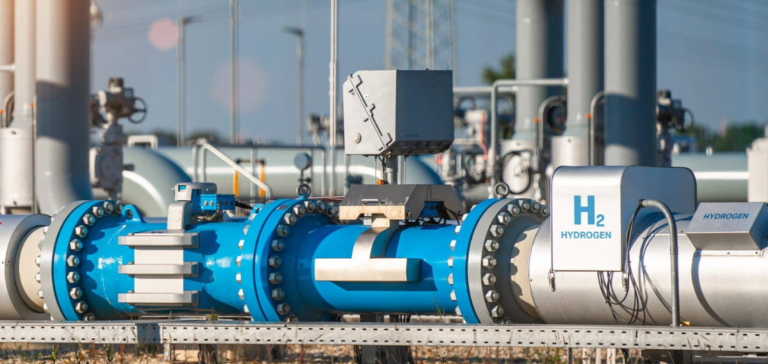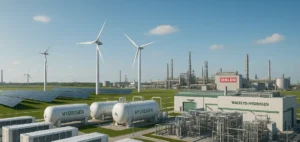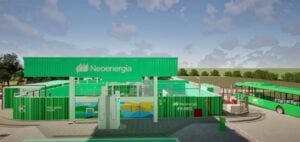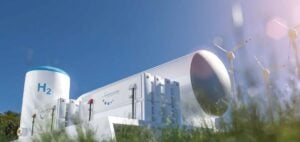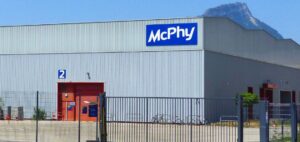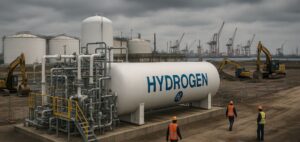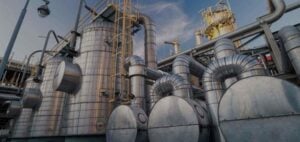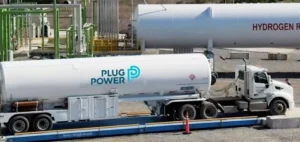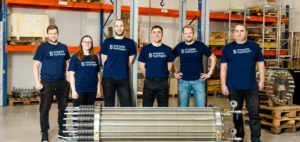Germany is taking the lead in developing a hydrogen infrastructure, marking a decisive turning point in the evolution of green energy. Indeed, on November 15, FNB Gas, representing the majority of German gas network operators, announced plans for a basic hydrogen network. This 9,700 km network, estimated at around 19.6 billion euros, relies largely on the conversion of existing gas pipelines for hydrogen transport.
A 9,700 km network
This project marks an important milestone in the realization of the hydrogen network, positioning Germany as a key player in the construction of Europe’s hydrogen infrastructure. According to Barbara Fischer, Managing Director of FNB Gas, this milestone is part of a wider initiative to promote the use of hydrogen as a viable alternative to fossil fuels.
Project financing and implementation
The submitted plan triggers a consultation period by the BNetzA regulatory authority. The operators will present a final version of the project in the first quarter of 2024, aiming to fully implement the network by 2032. In addition, the plan is based on a combined injection capacity of 100GW and 87GW of withdrawal points.
Legislation and regulatory framework
In May, the German government laid the legislative foundations for the implementation of a dedicated hydrogen pipeline system, with the reform of the EnWG law passed by parliament on November 10. In addition, crucial financial guidelines for the second phase of network deployment were approved on November 15, paving the way for financing these plans via the capital markets and rapid implementation scheduled for 2032.
International Comparison of Hydrogen Costs
The project financing arrangements include a capped deployment fee, an amortization account to refinance the investment via network fees, and an annual cap on the return on investment. In addition, state guarantees are also provided in the event of failure of hydrogen deployment, with questions awaiting decision by the regulator.
Klaus Mueller, President of BNetzA, has committed to an accelerated revision of the first draft, aimed at
“a rapid market launch for hydrogen.”
Meanwhile, Platts, a unit of S&P Global Commodity Insights, put the cost of producing hydrogen from gas via steam reforming with carbon capture and storage in the Netherlands at $3.19/kg in October, compared with €6.41/kg for green hydrogen from alkaline electrolysis, well above production costs in some regions outside Europe.
Germany’s initiative to create a large-scale hydrogen network is a major step forward in Europe’s energy transition. Indeed, this project, both ambitious and realistic, reflects a strong commitment to sustainable development and innovation. With structured financing and a clear vision, Germany is well on the way to becoming a benchmark for hydrogen infrastructure, offering a promising future for renewable energies in Europe.

